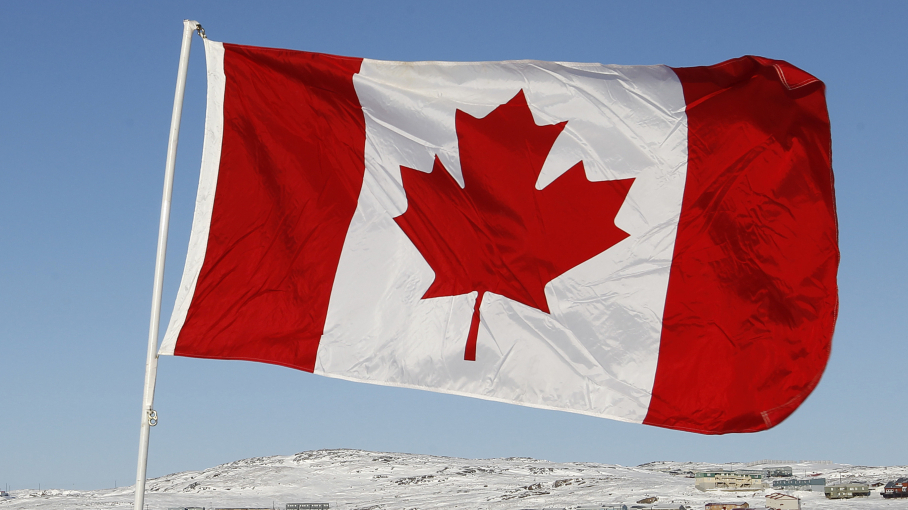Rubio orders U.S. diplomats to lobby against EU tech law
U.S. diplomats have been ordered to campaign against the EU’s Digital Services Act, with Secretary of State Marco Rubio warning that the law stifles...

Canadian Prime Minister Mark Carney will likely talk "over the next number of days" with U.S. President Donald Trump, after the U.S. imposed a 35% tariff on goods not covered by the U.S.-Mexico-Canada trade agreement, a Canadian official said on Sunday.
Ottawa said it was not warned in advance of the tax hike measure, deepening frustrations over the timing and scale of the levy. The tariff landed as both countries were still engaged in negotiations, according to the Financial Times (FT).
The 35% tariff was part of a broader push by Washington to restructure trade relations with key partners. Canada, which supplies roughly 20% of U.S. crude imports, was hit alongside other countries left out of last-minute exemptions.
“We think there is an option of striking a deal that will bring down some of these tariffs,” said Trade Minister Dominic LeBlanc, adding that talks are expected to continue.
FT reported that Ottawa's last-minute attempt to reach Trump by phone failed, as Carney was unable to get through.
The White House said the tariffs are aimed at adversaries but drew criticism in Ottawa for targeting a close ally.
While countries such as the UK, Japan and South Korea secured agreements ahead of the 1 August deadline, Canada, India, and Taiwan were left out, and Switzerland said it was caught off guard by the steep new rates, according to the Financial Times.
U.S. officials say the new tariffs are largely fixed but left the door open to further talks. They cited fentanyl trafficking and previous retaliation by Ottawa as reasons for the tougher stance.
Carney countered, saying Canada accounts for just 1% of U.S. fentanyl imports and has taken steps to further reduce that volume.
Still, U.S. Representative Jamieson Greer said on CBS, "A lot of these are set rates pursuant to deals... so these tariff rates are pretty much set."
Canada has responded diplomatically, avoiding escalation and reaffirming its commitment to a stable trade relationship.
The world’s biggest dance music festival faces an unexpected setback as a fire destroys its main stage, prompting a last-minute response from organisers determined to keep the party alive in Boom, Belgium.
According to the German Research Centre for Geosciences (GFZ), a magnitude 5.7 earthquake struck the Oaxaca region of Mexico on Saturday.
Australian researchers have created a groundbreaking “biological AI” platform that could revolutionise drug discovery by rapidly evolving molecules within mammalian cells.
China and the Association of Southeast Asian Nations will send an upgraded ‘version 3.0’ free-trade agreement to their heads of government for approval in October, Chinese Foreign Minister Wang Yi said on Saturday after regional talks in Kuala Lumpur.
A series of earthquakes have struck Guatemala on Tuesday afternoon, leading authorities to advise residents to evacuate from buildings as a precaution against possible aftershocks.
Most peace talks fail. Some drag on for years. Others collapse in days. But even when they don’t succeed, they can save lives. From backchannel meetings to battlefield truces, here’s how peace talks actually work — and why making peace is often harder than making war.
U.S. diplomats have been ordered to campaign against the EU’s Digital Services Act, with Secretary of State Marco Rubio warning that the law stifles free speech and imposes costs on American tech firms.
Apple has pledged an additional $100 billion investment in the U.S., bringing its total commitment to $600 billion over four years, in a move seen as easing tensions with President Donald Trump over potential iPhone tariffs.
The U.S. State Department has approved the sale of aircraft equipment worth $404 million to Australia.
U.S. Secretary of State Marco Rubio has said that Washington now has a clearer picture of the conditions under which Russia may be willing to end its war in Ukraine.
You can download the AnewZ application from Play Store and the App Store.

What is your opinion on this topic?
Leave the first comment